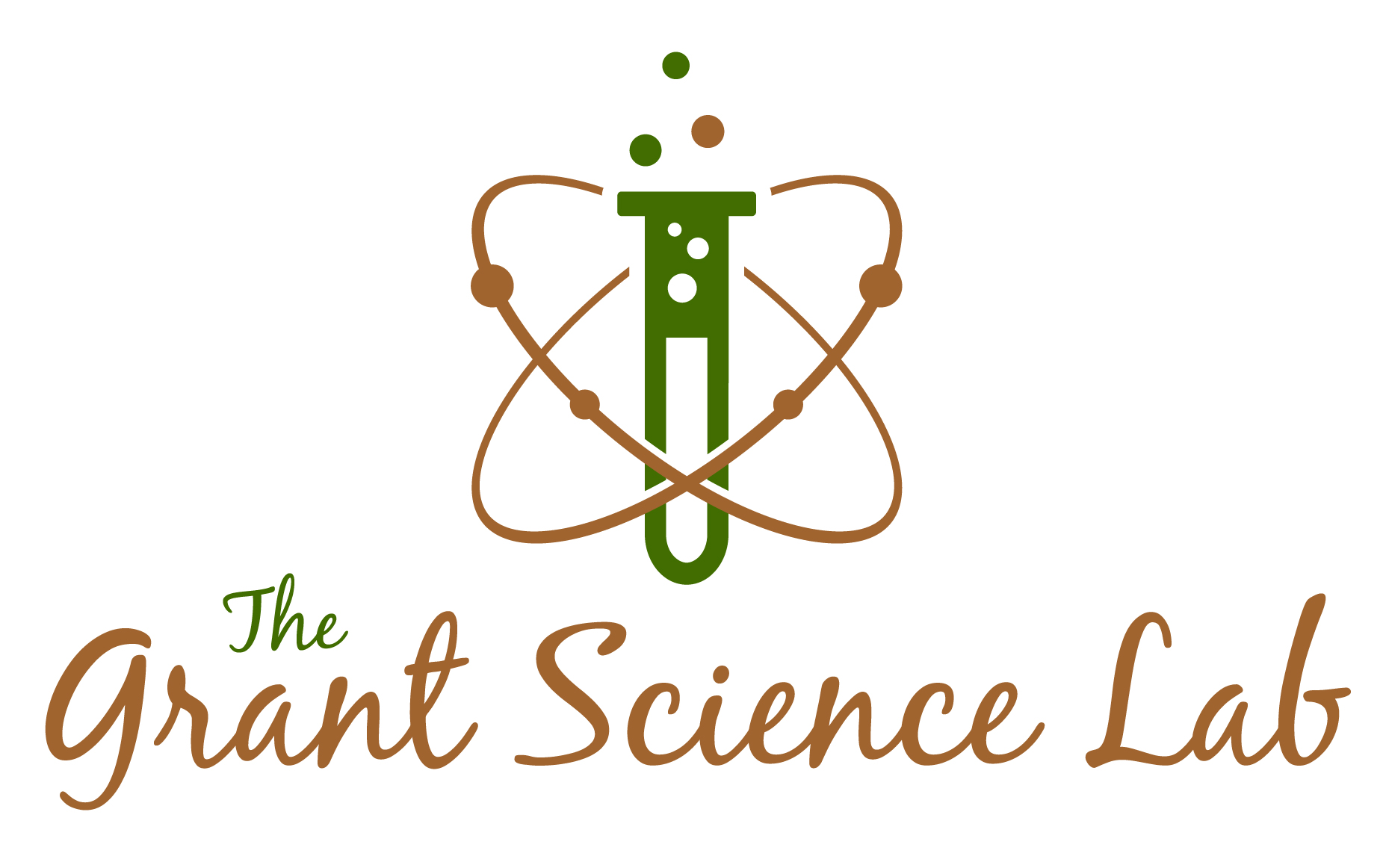Answering the So What? Question
 A Grant Professional Association colleague of mine likes to challenge nonprofits and grant writers with asking them, “So what?” Likewise it’s a challenge to researchers. As an open-ended question, this stops people in their tracks about their or the organization’s mission and goals. It should stop academic scientists too. To me, it is about taking time to consider the following questions about your research:
A Grant Professional Association colleague of mine likes to challenge nonprofits and grant writers with asking them, “So what?” Likewise it’s a challenge to researchers. As an open-ended question, this stops people in their tracks about their or the organization’s mission and goals. It should stop academic scientists too. To me, it is about taking time to consider the following questions about your research:
Grant Proposal Tips – The First Page
 Surprising advice sometimes arises from unlikely sources. The academic research grant community appears as a parallel universe of grant seeking, grant writing, and grant administration to the world of wider nonprofit efforts. Back in May 2015 at the Southern Regional Grant Conference organized by the Georgia Chapter of the Grant Professionals Association, I spent some time in that wider world and seemingly parallel universe of nonprofits.
Surprising advice sometimes arises from unlikely sources. The academic research grant community appears as a parallel universe of grant seeking, grant writing, and grant administration to the world of wider nonprofit efforts. Back in May 2015 at the Southern Regional Grant Conference organized by the Georgia Chapter of the Grant Professionals Association, I spent some time in that wider world and seemingly parallel universe of nonprofits.
A panelist in the Meet the Funders session, who represented a corporate foundation funder, said words to this effect:
Nonprofit Grants vs. Research Grants: A Parallel Universe
Research grants in the sciences and their siblings in other disciplines at the university level inhabit a parallel universe to the wider nonprofit grant consulting community. The grant writers in this universe are mostly college and university faculty members holding discipline specific doctoral degrees. Since I was one of them for over 20 years as a college biology professor, I know this universe very well. On the surface the higher education universe represents a different grant culture. In 2012, Georgia alone received $1.9 billion in research and development funding. For the scientific research community, this culture is very niche specific, but if you dig deeper it comes down to serving the greater good. Serving that greater good means asking that hard, frustrating question all children ask their parents; WHY?, then attempting to answer it through laboratory experiments or other means. On the whole, scientists are just kids who never stopped asking why.
When I crossed the divide into the wider grant consulting community, I noticed folks like me (former faculty) were few. Yet, the breadth and depth of grants experience within the Grant Professionals Association (I am a member) impressed me. At first, I was worried that I didn’t really know enough as a grant professional. It didn’t take me long to realize that the skill set I acquired in the parallel universe of laboratory research as principal investigator (project director) of federally funded grants was completely transferable. Those skills include research, writing, teaching, speaking, and a perverse attention to detail. Yet, my niche is still in the realm of scientific research.
All is not well in the parallel universe. Funding is very tight in some research areas. Faculty researchers live and work under constant pressure to publish the next paper, the next book, and get the next grant funded. This constant pressure contributes to an unhealthy workaholism unique to the scientific research community. How can really great, groundbreaking scientific ideas – like research on Ebola treatments – develop into funded grant proposals under these conditions? They can’t. Faculty members need help. Ideally, it should come from colleagues and academic mentors, but most of these people are too busy with their own career issues.
Two business mentors (one general and one scientific), reminded me many times that there is no shortage of work for consultants in either sector. Too many faculty researchers struggle telling scientific stories and don’t receive funding. Scientists are among the most skeptical people on the planet. Credibility is everything with them. Outside research grant help has to come from someone who knows the culture, understands peer review of proposals, and has principal investigator experience – in other words somebody like me.
Check out the rest of The Grant Science Lab for all kinds of academic and grant writing advice.

